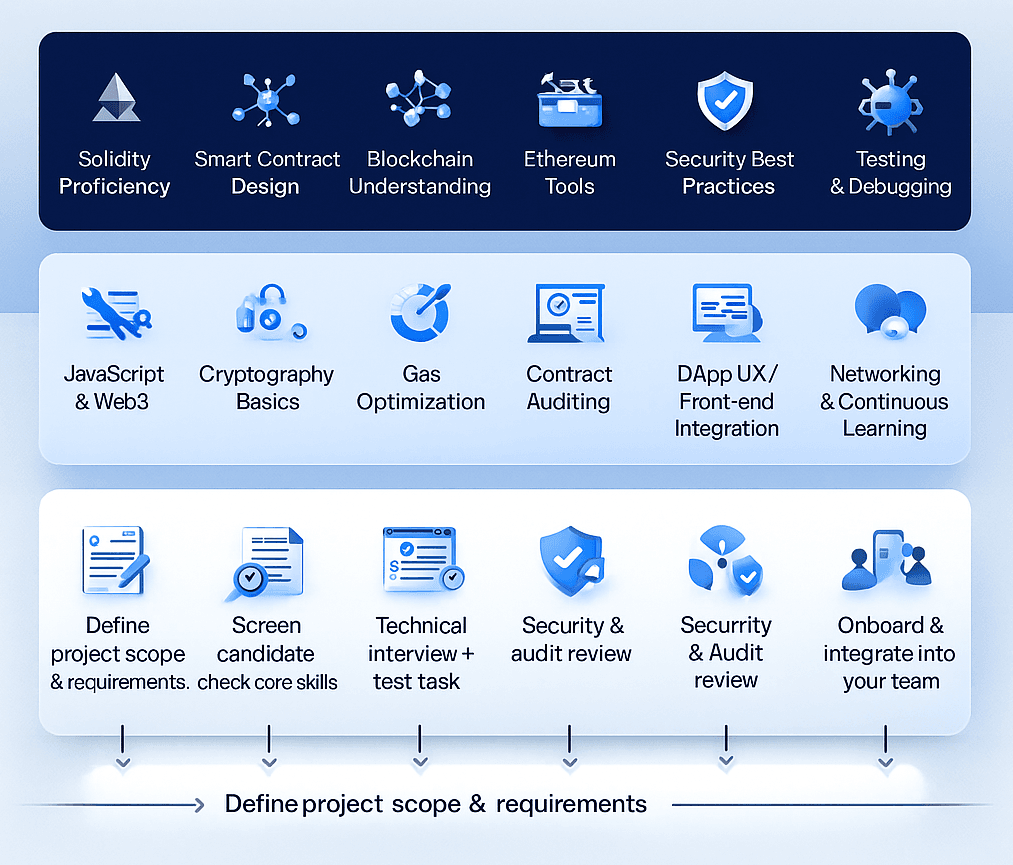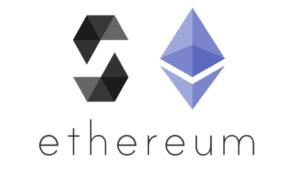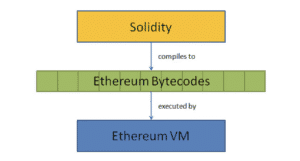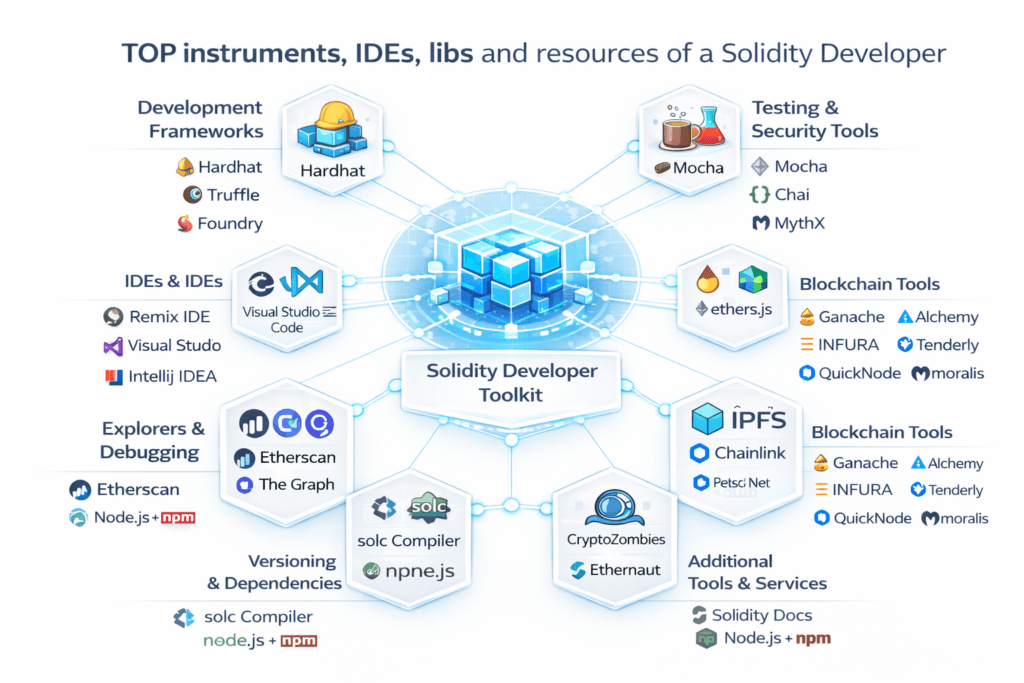Hiring a Solidity Developers? Then You Should Know What Certified Solidity Professionals Bring to the Table!
 Solidity programming language and developer skills diagram. Source: Upstaff Hire
Solidity programming language and developer skills diagram. Source: Upstaff HireWhy Hire a Solidity Developer?
A Solidity developer is a specialized software engineer who designs and deploys smart contracts and dApps on the Ethereum blockchain using the Solidity programming language. These experts enable businesses to create secure, transparent, and efficient solutions for industries like finance, gaming, and supply chain. By hiring a Solidity developer, you can leverage blockchain for DeFi platforms, NFT marketplaces, or data-driven analytics, ensuring robust and scalable applications tailored to your needs.What Does a Solidity Developer Do?
 Solidity developers write, test, and deploy smart contracts using Solidity, ensuring secure and efficient code for Ethereum-based applications. Their responsibilities include:
Solidity developers write, test, and deploy smart contracts using Solidity, ensuring secure and efficient code for Ethereum-based applications. Their responsibilities include:- Designing smart contracts for DeFi protocols, NFT minting, or DAOs.
- Integrating dApps with Web3.js, ethers.js, or APIs for seamless user experiences.
- Optimizing gas usage to reduce transaction costs on Ethereum.
- Conducting security audits to prevent vulnerabilities like reentrancy attacks.
-
Collaborating with Data Science teams to analyze blockchain data for insights.
Upstaff’s developers bring expertise in tools like Truffle, Hardhat, and Remix, delivering high-quality blockchain solutions.
Why Choose Upstaff to Hire Solidity Developers?
Upstaff has already successfully helped many crypto projects find solidity developers, from top15 Coinmarketcap projects to pre-seed early stage startups. Our developers are skilled in Ethereum, smart contract security, and integrations with cloud platforms like AWS or Polygon, ensuring your project meets industry standards. With a rigorous vetting process, flexible hiring options for remote or on-site roles, and a focus on blockchain innovation, Upstaff ensures you connect with talent that drives measurable results for your DeFi, NFT, or blockchain analytics projects.TOP instruments, IDEs, libs and resources of a Solidity Developer
| Tool Category | Tool Description |
|---|---|
Development Frameworks | |
Testing Tools | |
Deployment and Interaction Libraries | |
Static Analysis and Security Tools | |
Blockchain Development Tools | |
Development Environments and IDEs | |
Explorers and Debugging Tools | |
Versioning and Dependency Management | |
Additional Tools and Services | |
Learning and Documentation |
Talk to Our Expert
Our journey starts with a 30-min discovery call to explore your project challenges, technical needs and team diversity.

Yaroslav Kuntsevych
co-CEO


